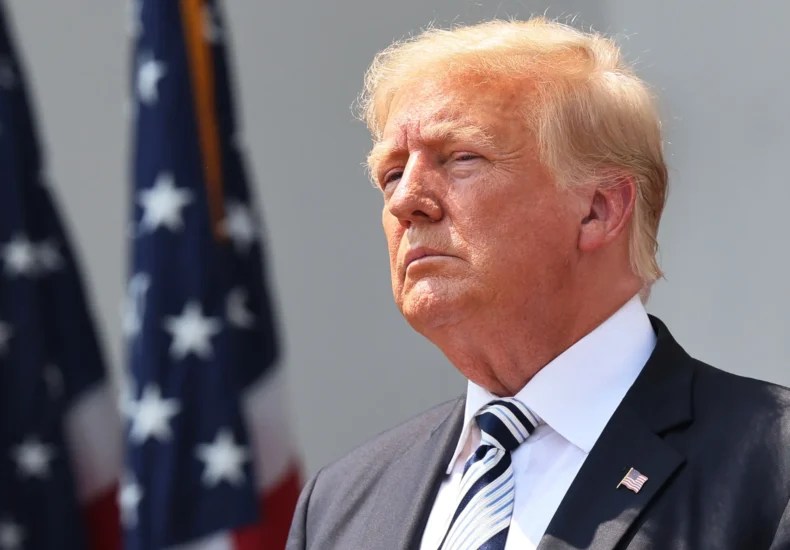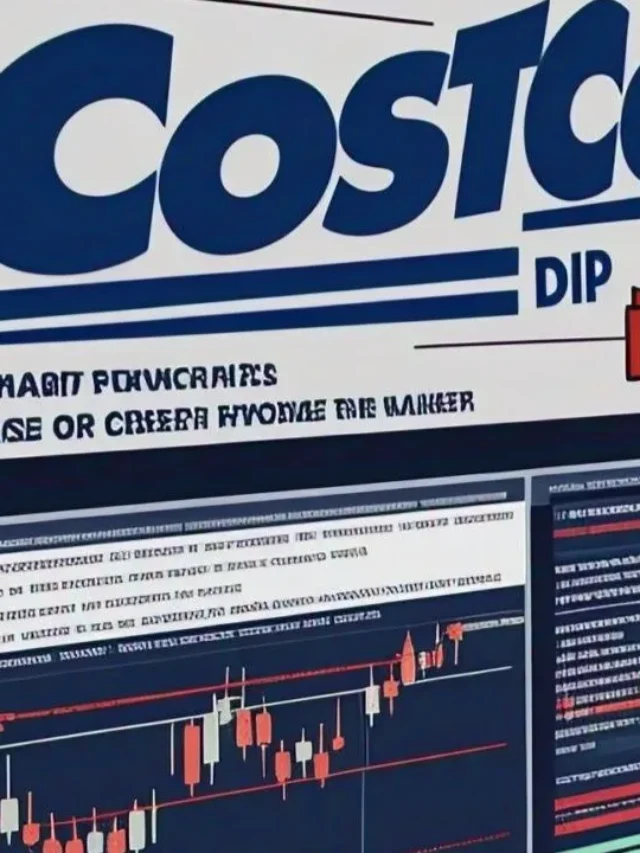
Trump’s Shocking Ultimatum: Automakers Get 30 Days to Abandon Canada & Mexico—or Face Tariffs!
Trump’s Surprise Move: Automakers Have 30 Days to Flee Canada & Mexico—Or Pay the Price!
In a stunning policy shift, President Donald Trump has issued a 30-day ultimatum to automakers operating in Canada and Mexico, warning them to move production to the United States or face hefty tariffs. This dramatic move is set to send shockwaves through the automotive industry, trade relations, and the broader economy.
Let’s break down what this means for automakers, consumers, and the future of North American trade.
Trump’s Ultimatum: What You Need to Know
Trump’s latest economic directive aims to bring automobile manufacturing back to the U.S., a key element of his “America First” policy. Under the proposed plan, automakers currently producing vehicles in Canada and Mexico have only one month to relocate operations to the U.S. or face substantial tariffs on vehicles and parts imported from these countries.
While exact tariff figures have not been disclosed, sources close to the Trump campaign suggest they could range from 25% to 35%, significantly increasing costs for automakers that fail to comply.
Such tariffs would impact global giants like General Motors, Ford, Toyota, and Volkswagen, all of which have extensive manufacturing operations in Mexico and Canada.

Trump’s Surprise Move: Automakers Have 30 Days to Flee Canada & Mexico—Or Pay the Price!
Why Is Trump Targeting Automakers?
Trump has long championed policies that promote domestic manufacturing, arguing that outsourcing jobs to other countries has hurt American workers. His latest move appears to be a strategic effort to:
- Boost U.S. Manufacturing: Encouraging automakers to bring production back to the U.S. could create thousands of new jobs in states like Michigan, Ohio, and Texas.
- Reduce Trade Deficits: By discouraging imports from Canada and Mexico, Trump aims to balance trade and keep revenue within the U.S.
- Strengthen Economic Nationalism: This directive aligns with Trump’s broader strategy of economic nationalism, appealing to his voter base ahead of the 2024 election.
How This Could Affect Consumers
If automakers fail to comply with Trump’s demand, the imposed tariffs could significantly impact car prices. Consumers might see:
- Higher sticker prices for vehicles imported from Mexico and Canada.
- Increased costs for replacement parts, leading to more expensive repairs.
- Reduced vehicle availability as automakers struggle to meet demand.
On the other hand, if companies move production to the U.S., it could stimulate domestic job growth. However, this would likely come at the cost of more expensive labor and manufacturing, ultimately passing the burden onto consumers.
How Will Automakers Respond?
The auto industry is now in crisis mode, scrambling to assess how to comply with Trump’s demand while mitigating potential losses. Here are the key challenges they face:
1. Costly and Logistically Challenging Relocation
Relocating manufacturing plants is neither cheap nor quick. Auto plants require billions of dollars in investment and years of planning to set up. Moving operations from Mexico or Canada to the U.S. within 30 days is virtually impossible for large-scale manufacturers.
2. Higher Vehicle Prices for Consumers
If automakers are forced to move production back to the U.S., production costs will rise due to higher labor costs and infrastructure expenses. This could lead to more expensive vehicles, potentially making cars unaffordable for many American consumers.
3. Potential Trade War with Canada & Mexico
Trump’s tariff threats could ignite tensions with Canada and Mexico, both of whom are key U.S. trade partners under the United States-Mexico-Canada Agreement (USMCA). If Canada and Mexico retaliate with their own tariffs, this could lead to a broader trade war, impacting various industries beyond automotive.
Impact on American Workers & Economy
Short-Term Gains, Long-Term Uncertainty
On the surface, Trump’s directive might seem like a win for American workers. If automakers comply, it could result in increased job opportunities in U.S. manufacturing hubs. However, experts warn that forcing automakers to shift production too quickly could create instability in the industry, leading to unintended economic consequences.
Stock Market Reactions
Following Trump’s announcement, auto stocks have seen increased volatility, with investors wary of potential financial strain on automakers. While some U.S.-based manufacturers may benefit, others with significant overseas operations could see stock values decline.
Industry Reactions
Automakers’ Response
Leading automakers, including Ford, General Motors, and Stellantis, have expressed concerns about the feasibility of this mandate. While these companies have previously invested in U.S. factories, they also rely on Mexican and Canadian plants to maintain competitiveness.
Government & Trade Officials Weigh In
Trade officials from Canada and Mexico have criticized the move, arguing that it violates existing trade agreements. Canadian Prime Minister Justin Trudeau and Mexican President Andrés Manuel López Obrador have both called for negotiations to protect their respective auto industries.
Meanwhile, U.S. lawmakers are divided. Some Republican officials support Trump’s push to bring jobs back to America, while others warn about potential economic fallout and rising vehicle prices.
What’s Next? Will Automakers Comply or Fight Back?
Automakers have limited options and must act fast:
- Comply and Relocate – Some automakers might attempt to fast-track U.S. expansion plans, although this remains highly impractical within the 30-day timeframe.
- Negotiate with the Trump Administration – Major automotive CEOs may lobby for exemptions or extensions to the deadline.
- Absorb Tariff Costs – Some companies might continue operating in Canada and Mexico, passing tariff costs onto consumers.
- Shift Supply Chains Elsewhere – Automakers could explore alternative strategies, such as increasing production in other non-U.S. markets to avoid tariffs altogether.
A High-Stakes Gamble for Trump and the Auto Industry
Trump’s bold ultimatum is a high-stakes gamble that could reshape the automotive industry, disrupt trade relations, and impact car prices for millions of Americans. Whether automakers comply or push back remains to be seen, but one thing is clear—the next 30 days will be critical for the future of North American auto manufacturing.
As the deadline looms, industry leaders, government officials, and consumers will closely watch how this unprecedented move unfolds. Will Trump’s strategy succeed in revitalizing American manufacturing, or will it backfire and lead to economic turbulence? Only time will tell.
You may also like
Archives
Calendar
| M | T | W | T | F | S | S |
|---|---|---|---|---|---|---|
| 1 | ||||||
| 2 | 3 | 4 | 5 | 6 | 7 | 8 |
| 9 | 10 | 11 | 12 | 13 | 14 | 15 |
| 16 | 17 | 18 | 19 | 20 | 21 | 22 |
| 23 | 24 | 25 | 26 | 27 | 28 | |

























Leave a Reply